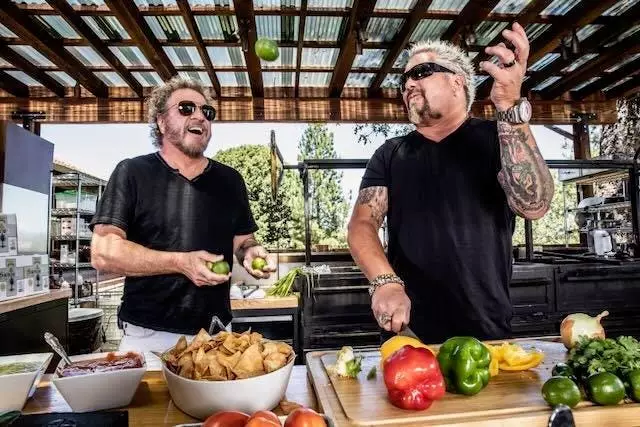In a scenario reminiscent of cinematic thrillers, Santo Tequila became the victim of a brazen robbery that saw two truckloads of their prized tequila hijacked. This audacious theft transpired between November 9 and 13, 2023, as the trucks made their way from Laredo, Texas, destined for distributors in California and Pennsylvania. With a staggering theft of 24,240 bottles—4040 cases in total—the ramifications for Santo are profound, particularly considering that the stolen shipments were set to be their last for 2024. Santo’s president, Dan Butkus, articulated the gravity of the situation when he revealed that the loss deprives the tequila brand of vital inventory during the lucrative holiday season, a time accounting for a significant portion of their annual sales.
Among the haul were 2,000 cases each of the award-winning Blanco and Reposado tequilas, alongside 40 cases of their Extra Añejo Single Barrel. This loss is catastrophic; the latter was the entirety of a product that had taken 39 months to craft and will now require two additional years to reproduce. Valued at over $1 million, this heist not only disrupts Santo’s supply chain but compromises their standing in an increasingly competitive market. Butkus pointed out that approximately 35% of the brand’s sales occur during the vital months of November and December, suggesting that consumers can expect to see empty shelves as they shop for festive spirits.
Adding insult to injury, co-founder Sammy Hagar expressed deep concern that such a significant setback could occur at a peak time for sales. However, he emphasizes resilience, stating, “We are glad that nobody was hurt,” and vowing to replenish the lost stock as quickly as possible.
The theft highlights systemic vulnerabilities within the logistics of alcohol transportation. Santo Tequila traced the theft back to a shipping broker that unknowingly engaged with a trucking company complicit in thefts. The assailants utilized sophisticated tactics, including GPS emulators to distort tracking signals and deceive their agents into believing that the trucks were experiencing delays. By concocting false breakdown reports and manipulating tracking data, they successfully evaded detection until it was too late.
Butkus elaborated on the meticulous operation: “The drivers were sending in fake images of truck malfunctions, and their stories were corroborated by the bogus tracking information.” This calculated approach not only signifies a growing trend of organized crime in logistics but underscores the challenges that independent brands like Santo face in preventing such vulnerabilities.
As investigations unfold, Santo Tequila is cooperating with law enforcement in tracking down the stolen merchandise. They have identified one truck in a known criminal area in Los Angeles, yet the other remains elusive. This uncertainty surrounding the fate of their product is compounded by the legislative realities of alcohol sales. According to Alcohol and Tobacco Tax and Trade Bureau regulations, since the stolen products are now out of Santo’s control, their ability to sell recovered goods would be jeopardized—who can ascertain if the product is safe for consumers?
Butkus emphasizes the ethical considerations in play, stating, “Once the load was hijacked, we lost control… even if we recover it, we will write it off; that’s the right thing to do.”
Alcohol theft is not a novel phenomenon, but it has seen a worrying increase in recent years. Just prior to the Santo incident, a significant heist involving 19,000 bottles of Hacienda Chatun Tequila took place, highlighting a growing trend of alcohol thefts that criminals exploit for profit. With black markets for alcohol flourishing in many major cities, independent brands face unprecedented risks. The crime demonstrates how products like premium tequila can attract illicit operations due to their desirability and ease of sale.
In light of these challenges, Santo Tequila has initiated collaboration with Cargo Net, a firm dedicated to reducing cargo theft risks. They have also announced a reward of $10,000 for information leading to the apprehension of those behind the heist, underscoring their commitment to reclaiming their reputation and securing their operations.
While the theft represents a significant setback—especially right before the pivotal holiday season—Santo Tequila’s commitment to its ethos and customer safety remains paramount. As they navigate this crisis, the brand illustrates the resilience required of independent businesses in today’s marketplace. With plans to ramp up production and enhance security measures, Santo is determined to overcome these challenges and ensure that their beloved tequilas continue to be enjoyed by loyal customers across the nation.

